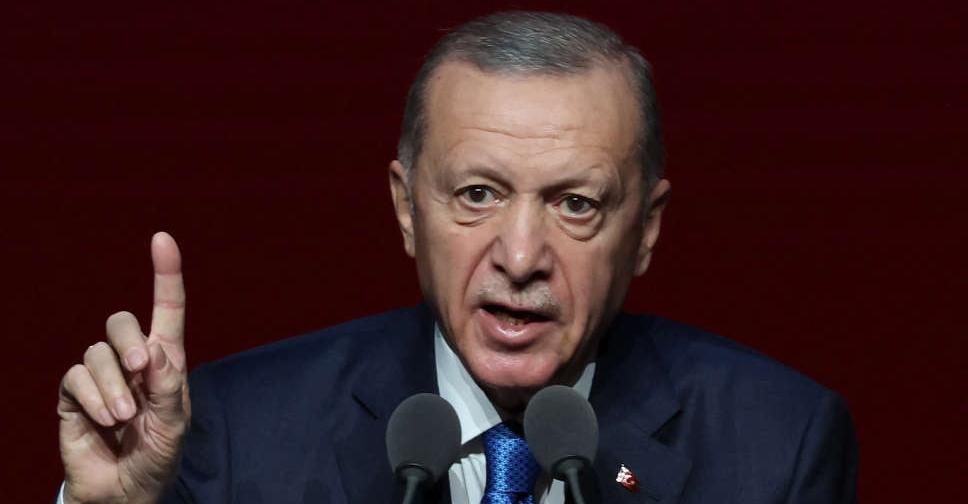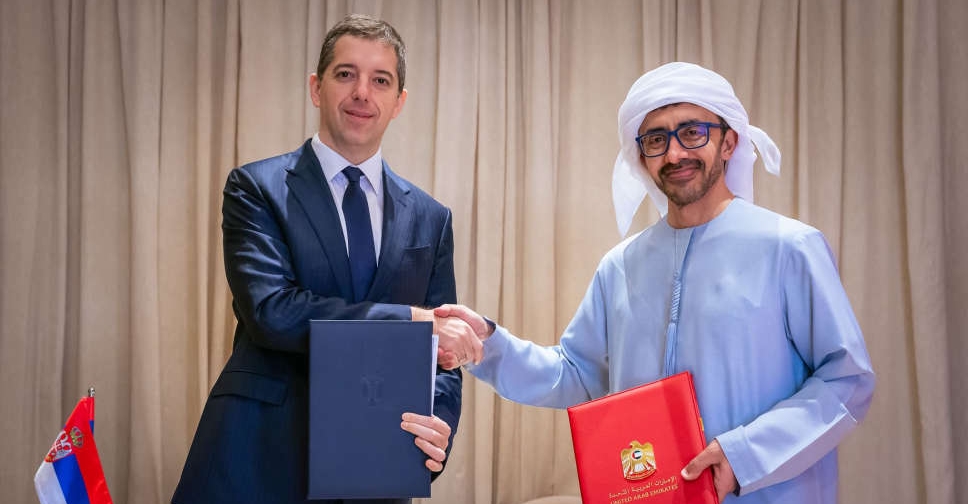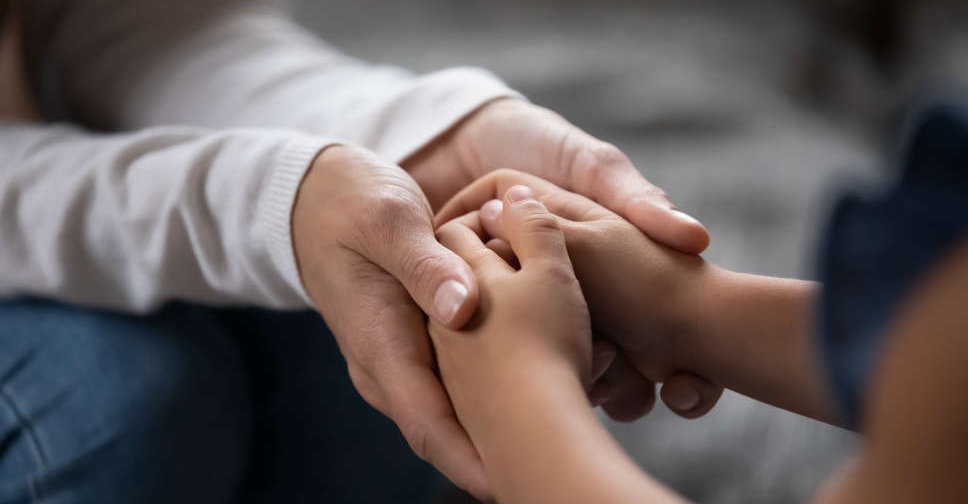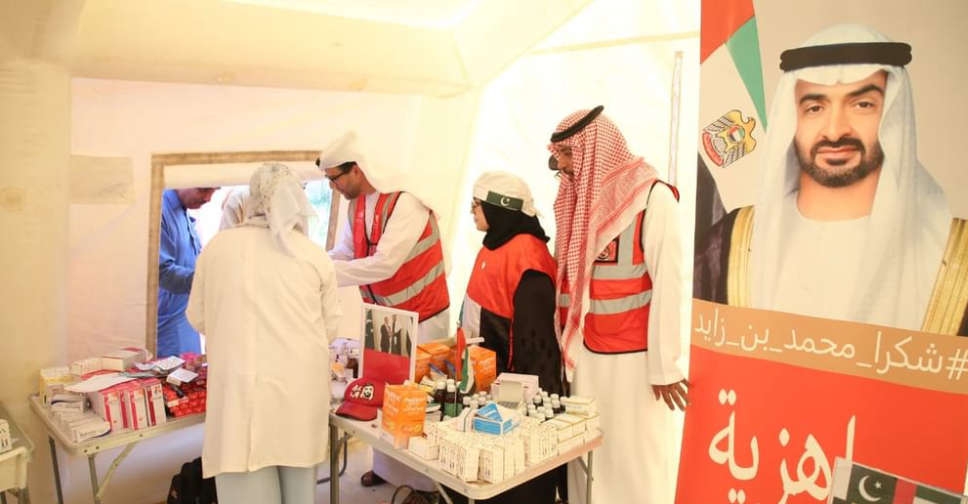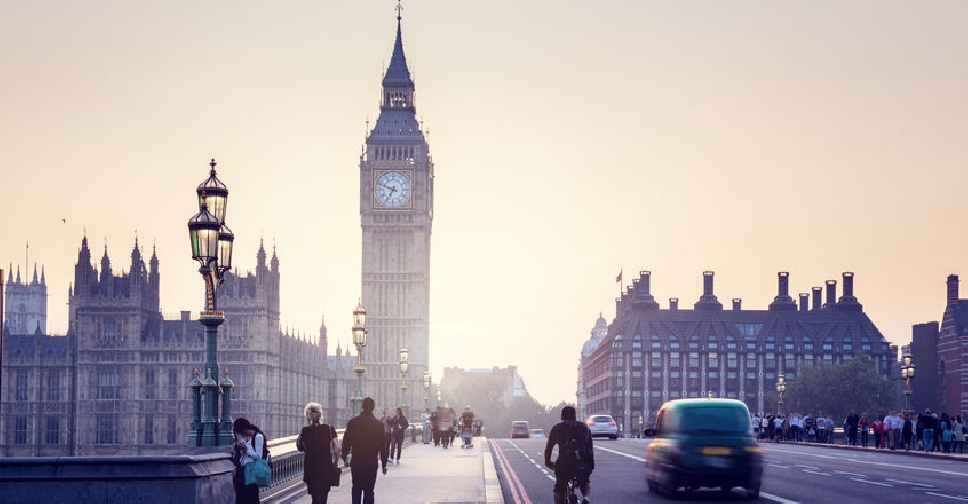
British ministers are to discuss on Monday further tightening travel restrictions, the BBC reported on Saturday, adding that people arriving in the country could be required to quarantine in hotels.
Prime Minister Boris Johnson told a news conference on Friday that the UK may need to implement further measures to protect its borders from new variants of COVID-19.
Britain's current restrictions ban most international travel while new rules introduced earlier in January require a negative coronavirus test before departure for most people arriving, as well as a period of quarantine.
The government is considering making it mandatory for travellers to spend that 10-day quarantine period in a hotel for which they would have to pay, as a way to enforce the quarantine rules, the BBC said.
Amid growing worries about new COVID-19 variants, critics of Britain's current quarantine policy say it is not sufficiently enforced.
Stricter border rules would be a fresh blow for the aviation and travel sectors, already under great financial strain from close to a year of COVID-19 restrictions and minimal revenues.
In England, the 10-day quarantine requirement can be reduced if the traveller has a negative COVID-19 test after five days, while Scotland, Wales and Northern Ireland all have slightly different rules.


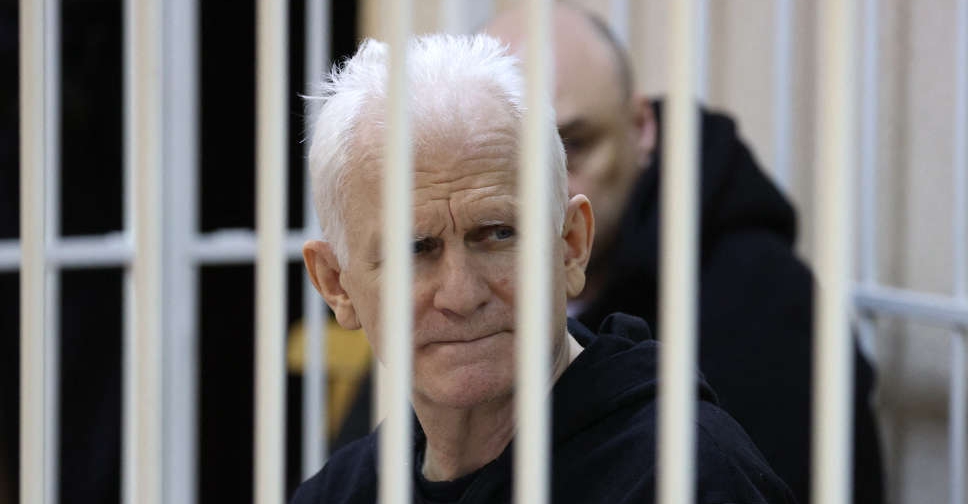 Belarus frees Nobel winner, protest figures as US lifts more sanctions
Belarus frees Nobel winner, protest figures as US lifts more sanctions
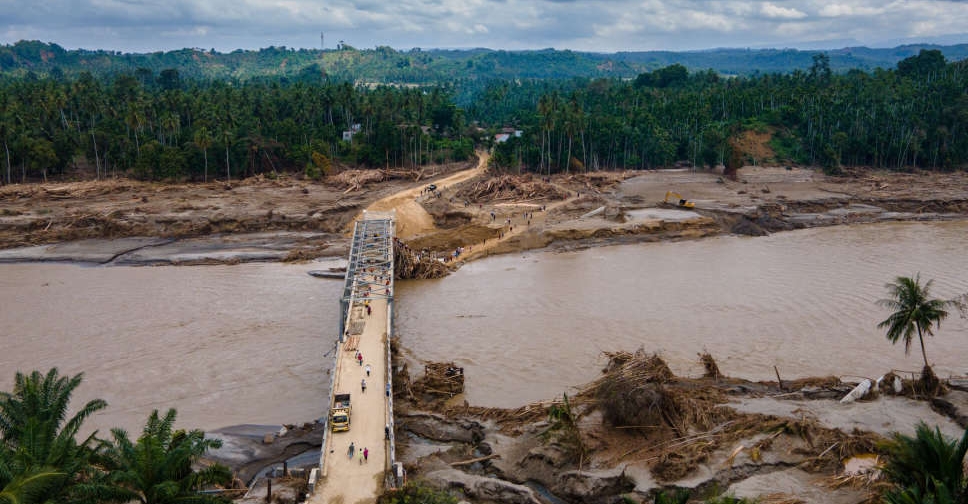 Indonesia flood death toll exceeds 1,000
Indonesia flood death toll exceeds 1,000
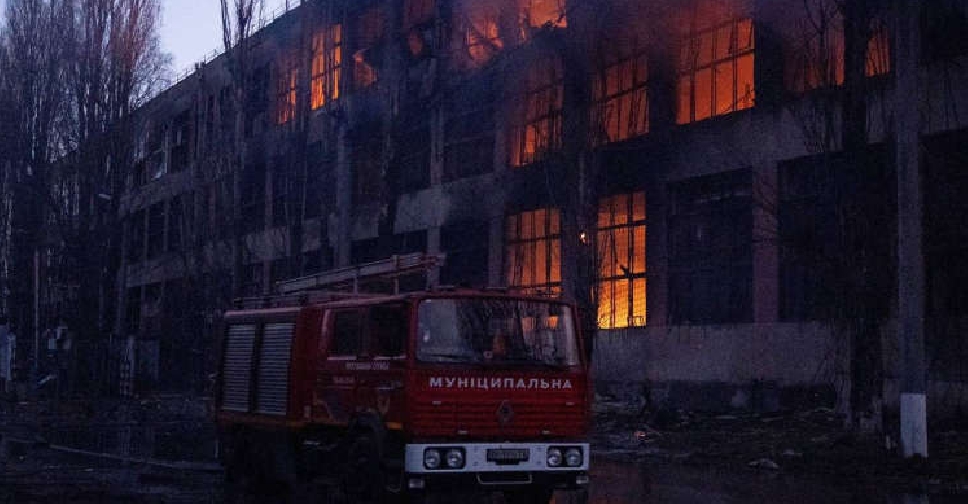 Ukraine's Odesa suffers major blackouts after Russian attack
Ukraine's Odesa suffers major blackouts after Russian attack
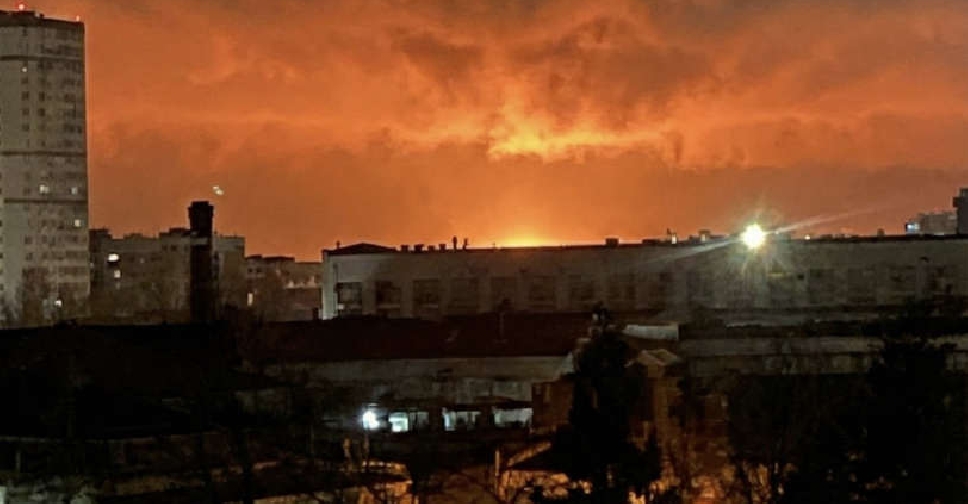 Two killed in Ukrainian drone strike on Russia's Saratov
Two killed in Ukrainian drone strike on Russia's Saratov
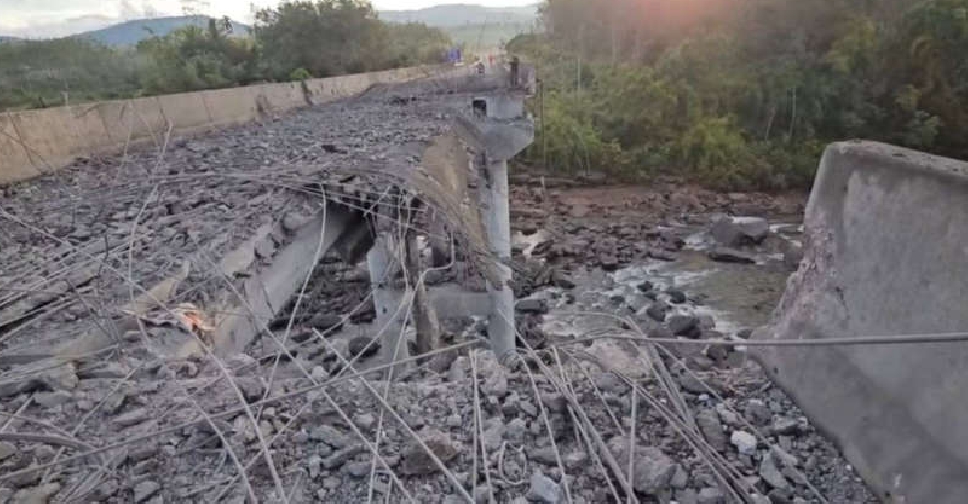 Thailand continues Cambodia strikes despite Trump's ceasefire claim
Thailand continues Cambodia strikes despite Trump's ceasefire claim
